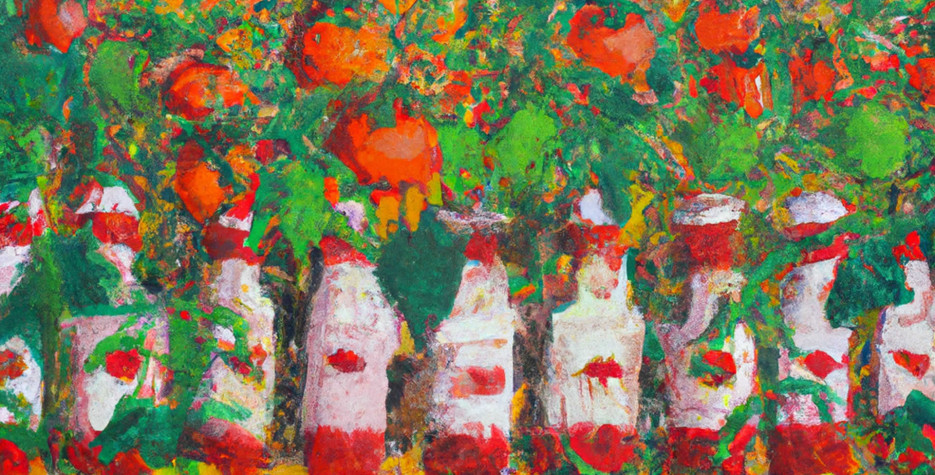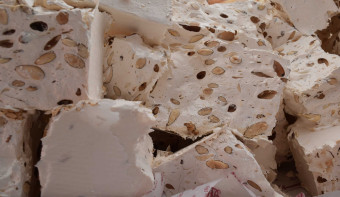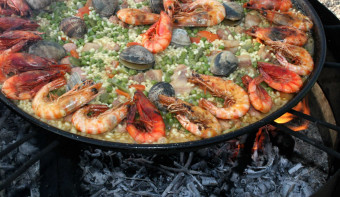About National Ketchup Day
In the United States, there's a day dedicated to celebrating one of the nation's most beloved condiments - ketchup. June 5th marks National Ketchup Day, a day when Americans come together to honor the tangy, tomato-based sauce that has become a staple in households across the country. From backyard barbecues to diners and fast-food joints, ketchup is a ubiquitous presence on American tables.
Ketchup has a long and fascinating history, tracing its roots back to ancient China. The precursor to the modern ketchup was a sauce made from fermented fish. This sauce eventually made its way to Europe, where it underwent numerous transformations, including the addition of tomatoes, which became the key ingredient in what we now know as ketchup.
In the United States, ketchup gained popularity in the late 19th century, thanks to Henry J. Heinz, the founder of the H.J. Heinz Company. Heinz revolutionized ketchup by creating a recipe that perfectly balanced sweet, tangy, and savory flavors. His ketchup quickly became a household name and a symbol of quality and taste.
National Ketchup Day serves as an opportunity to appreciate the versatility of this condiment. While ketchup is commonly associated with burgers, hot dogs, and French fries, its uses extend far beyond these classic pairings. It can be found in recipes for meatloaf, sauces, marinades, and even cocktails, adding a distinctive tang and depth of flavor to a wide range of dishes.
The celebration of National Ketchup Day takes many forms across the country. Some people host ketchup-themed parties, where they invite friends and family to indulge in a variety of ketchup-inspired dishes. From ketchup-based barbecues to ketchup tasting stations, these events showcase the creativity and culinary potential of this beloved condiment.
Restaurants and food establishments often participate in the festivities by offering special promotions and menu items centered around ketchup. It's not uncommon to find limited-edition ketchup flavors or unique ketchup-infused creations during this time. These offerings encourage patrons to explore new taste experiences and celebrate the humble ketchup in all its forms.
Social media platforms also buzz with activity as ketchup enthusiasts share their favorite ketchup recipes, anecdotes, and photos using the hashtag #NationalKetchupDay. It's a chance for people to connect, exchange ideas, and demonstrate their love for this iconic sauce.
Beyond the festivities, National Ketchup Day serves as a reminder of the cultural significance of food and condiments in our lives. Ketchup has become deeply ingrained in American culinary traditions, evoking nostalgia and fond memories of shared meals. It symbolizes comfort, familiarity, and a sense of national identity, representing the diverse flavors and influences that have shaped American cuisine.
So, on June 5th, let's pour some ketchup, dip our fries, and raise a glass to National Ketchup Day. Whether you prefer it spicy, sweet, or loaded with umami, take a moment to appreciate the impact this humble condiment has had on our taste buds and our nation's culinary heritage.
Why is it called ketchup?
The word "ketchup" has an interesting linguistic history that traces back to its origins in China. The term "ketchup" is derived from the Amoy dialect of Southern Min Chinese, where it was called "kôe-chiap" or "kê-chiap." The Chinese word "kôe" or "kê" referred to a pickled fish sauce, while "chiap" meant a brine or sauce.
When traders and explorers encountered this Chinese sauce, they brought it back to their home countries and adapted the name to fit their languages. The sauce made its way to Malaysia, where it became "kechap" or "kicap" in Malay. From there, it traveled to the Indonesian archipelago, where it became "kecap" in Bahasa Indonesia.
In the 17th century, European traders and sailors encountered the sauce in Southeast Asia, particularly in Indonesia. They were fascinated by its taste and brought it back to Europe, introducing it to a wider audience. However, the pronunciation and spelling underwent changes to align with the languages spoken in those regions.
The sauce gained popularity in England, and it was initially referred to as "catsup." This term was influenced by the Malay word "kecap" and reflected the way English speakers pronounced it. Over time, another variant of the spelling emerged, "catchup," and both "catsup" and "catchup" were used interchangeably.
In the late 18th century, the term "ketchup" emerged as a standardized spelling in the United States. This version, influenced by the original Chinese term "kôe-chiap," became the most widely recognized name for the condiment.
Today, the term "ketchup" is used globally to refer to the tomato-based sauce that has become an integral part of various cuisines and culinary traditions. While its journey from China to different parts of the world led to variations in spelling and pronunciation, the word "ketchup" remains a testament to the rich cultural exchange and global interconnectedness of culinary traditions.
Similar Observances
National Lobster Newburg Day 🦞
Read More
National Spanish Paella Day
Read More
Other Observances on June 5th 2025
Father's Day
Read More










